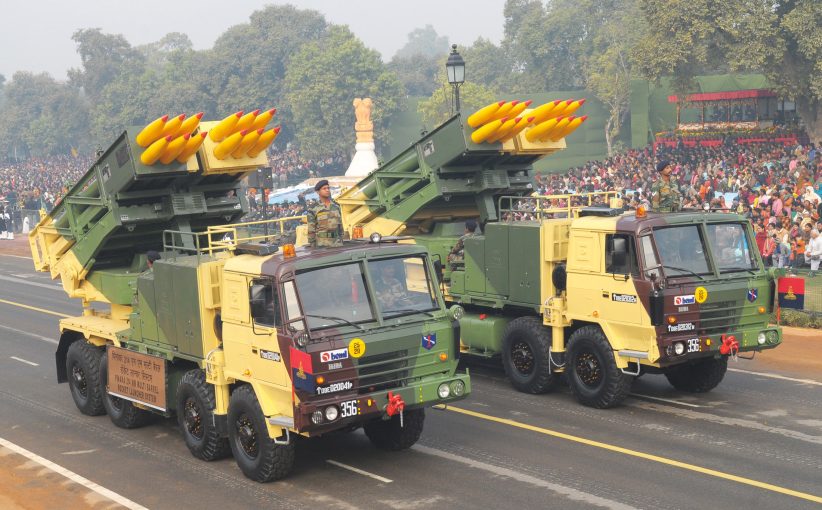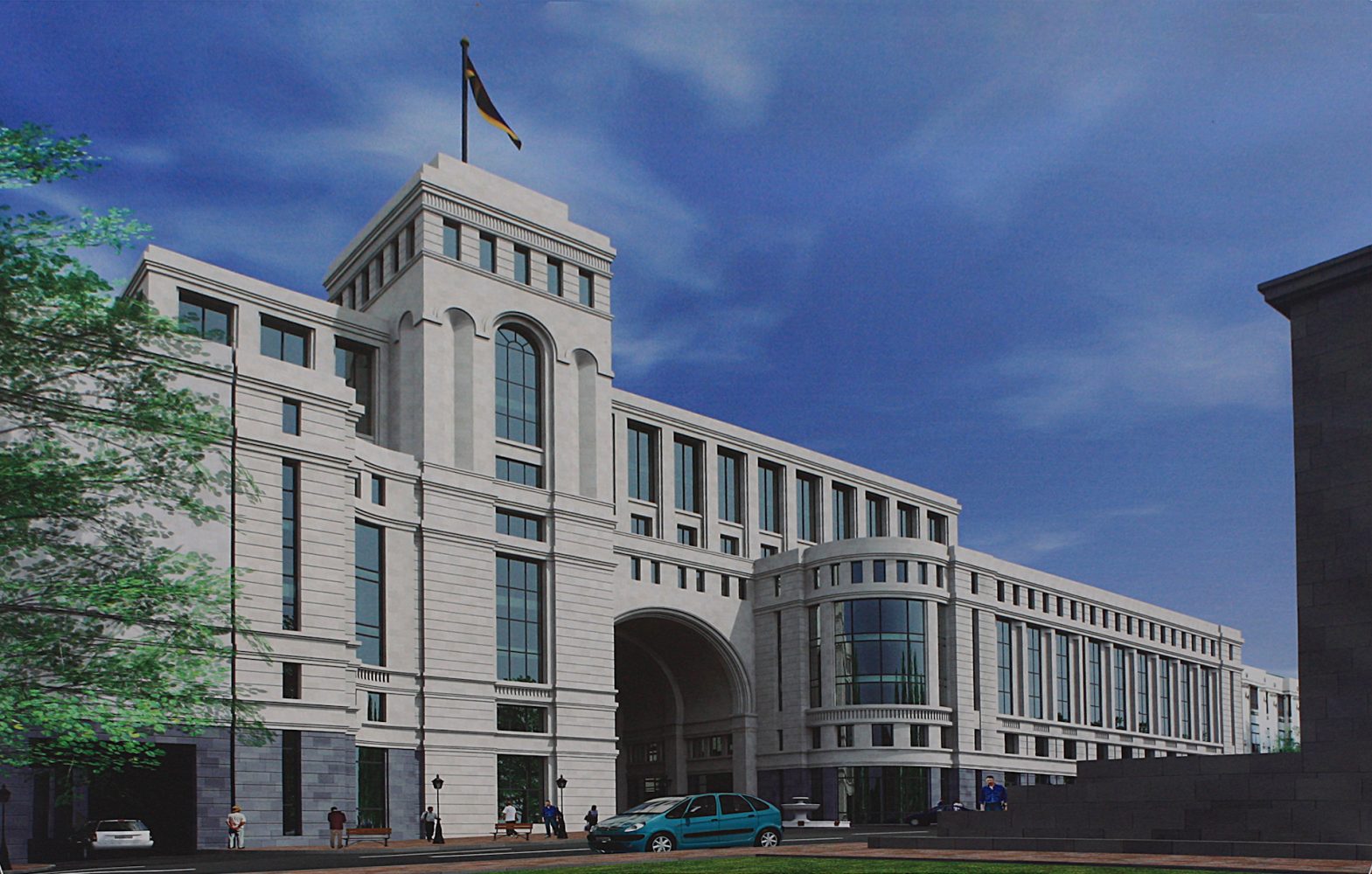“Talking about opening Russian schools in Armenia is a form of pressure.” Opinion
Opening of Russian schools in Armenia
Chairman of the State Duma of Russia Vyacheslav Volodin “raised the issue of the Russian language in Armenia” and “drew attention to the issue of opening schools with instruction in Russian.” This information was published on the website of the Russian Duma in a message about Volodin’s meeting with the Speaker of the Armenian Parliament Alen Simonyan, who is in Moscow on an official visit.
This statement did not receive much attention in Armenia, since all Russian officials traditionally talk about “the situation of the Russian language in Armenia.” And this topic was already hotly discussed in the Armenian society in June, when Russian Foreign Minister Sergey Lavrov made a statement about the opening of Russian schools. Then official Yerevan answered harshly that “there is no such issue on the agenda of Armenia.”
However, the topic remains sensitive in expert circles. They regard Russia’s regular return to the topic of opening Russian schools a form of political pressure.
In Armenia’s take on the the Simonyan-Volodin meeting, there is no mention of the topic of opening Russian schools in Armenia. The press service of the Armenian parliament reports on topics that are more of concern to both the government and society of Armenia. In particular, it is reported that the speaker of the National Assembly spoke with his Russian counterpart “about the armed aggression of Azerbaijan against Armenia.” Alen Simonyan stressed that the CSTO military bloc operating under the auspices of Russia was unable to “promptly and effectively respond to the aggression against Armenia, one of its members.”
Statements from Russia about the opening of Russian schools, what the Armenian authorities think about this, as well as an expert’s comment.
“At the request of Armenian friends”?
Active discussions on the topic of Russian schools in Armenia began in summer during the visit of the Russian Foreign Minister to Yerevan. Sergey Lavrov stated that “taking into account the wishes of our Armenian friends, we are working to increase the number of Russian schools.”
In a conversation with local journalists, Lavrov added that Russia would help improve the skills of Armenian teachers who teach Russian.
“There are no secrets and conspiracies”
A few days after Lavrov’s announcement, Armenian Education Minister Vahram Dumanyan said he was not aware of any official request by the Russian government to “increase the number of Russian schools.” In addition, he said that if they wanted to open a school, they would open it without applying to the Russian authorities.
“If we decide to open a French school, this does not mean that the Armenian government will ask permission from the French authorities. There is no need for this,” Vahram Dumanyan stated.
The minister also said that “the question of opening one Russian school may be considered, but there is no such decision yet.”
He maintained that there were no secret negotiations with Russian colleagues, and there were no conspiracies that were not reported to the public either. In addition, he explained that it is impossible to increase the number of schools by one ministerial order, as it is a very difficult process:
“If Russia is ready to provide some kind of support for the popularization of the Russian language, to support both financially and with educational materials, [even this] is a difficult process. It is impossible to increase the number of hours of studying the Russian language with one order. But who will teach, how will they teach, how will teachers improve their qualifications?”
3 Russian schools operate in Armenia
There are 45 schools in Armenia where there are classes with instruction in Russian. In addition, there are 63 schools with in-depth training in the Russian language.
In recent years, the number of students studying in Armenia in Russian has fluctuated between 4,400 and 5,600.
In classes with instruction in Russian, only those may study who
- have at least one parent is a citizen of another country,
- those without citizenship
- representatives of national minorities.
Students whose parents have Armenian citizenship can study in non-Armenian-language classes only if they have studied in another country for five consecutive years.
There are three Russian schools in Armenia. Two of them are attended by children of Russian soldiers. One is in Yerevan, the other is in Gyumri, where a Russian military base is stationed. Both schools are run by the Russian Ministry of Defense. The third school is located in the city of Artashat.
According to the legislation of Armenia, there cannot be more than four educational institutions in the country where education is conducted in any one foreign language. That is, a maximum of four schools with instruction in Russian can operate in the country.
Presumably, this is what Minister of Education Vahram Dumanyan had in mind when he told reporters that “the question of opening one Russian school may be considered.”
Comment
According to political scientist Hovsep Khurshudyan, Moscow regularly raises the topic of opening Russian schools in Armenia in order to put pressure on Yerevan. He characterizes this approach and style of dealing with Armenian colleagues as a “petty swindle”.
The political scientist says that Russia has lately “betrayed its official strategic ally on all fronts, in all directions and does not fulfill its contractual obligations.” Therefore, according to Khurshudyan, there is nothing more to talk about between Russian officials and their Armenian counterparts:
“They can’t come with their heads down and say: yes, we are traitors, we are not a serious partner, we want to use Armenia as a bargaining chip. We are forced to come up with something so that we look put upon. That is why they continue to sing the same song [about Russian schools].”
Khurshudyan excludes the possibility of the Russian language receiving a special status. He says that this could result in unrest, including against the Armenian authorities:
“This step can be regarded as the transformation of Armenia into a province or in the direction of acquiring a new status that limits sovereignty.”
According to the political analyst, “Russia’s imperial foreign policy is absolute frivolity, chauvinism, and neglect.” He believes that Armenia should, as soon as possible, renounce membership in two unions operating under the auspices of Russia – the military bloc of the CSTO and the economic bloc of the EAEU. As Hovsep Khurshudyan put it, “Armenia should get out of this dump.”
Opening of Russian schools in Armenia




















